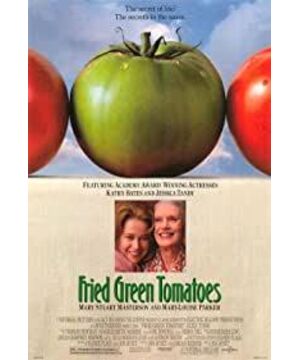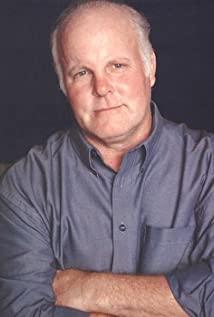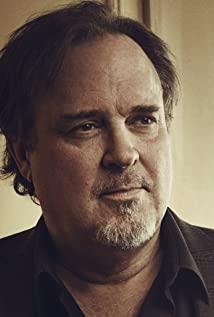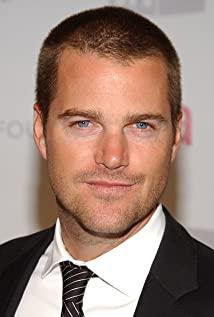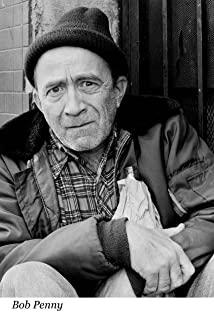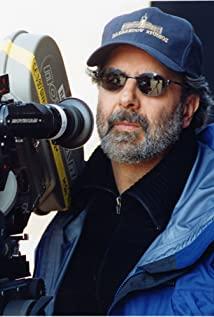This is my favorite love story in recent years. I like the movie "Carol", but the story of Carol and Therese did not impress me; I like the story of "Fingersmith", but the story of Maud and Sue is not my favorite love story. . . and many more. And Idgie and Ruth are my favorite love stories in recent years. Some people would say, isn’t Ruth and Idgie just friendship? Where does it show that there is love? But if you have read the original novel, you will know that there is an obvious love element between Ruth and Idgie. Friends, yes; family, yes; lovers, yes - at least in the books. Of course, if you only watch this movie alone, it’s not surprising that they are just close friends. Who made the homosexual element deliberately downplayed when filming at that time (but in some plots and lines, you can still see "clues". , So that the audience has a dispute over whether there is love between the two people).
There is a short comment that I like: "Birth, old age, sickness and death, joys and sorrows." "Fried Green Tomatoes" is a heart-warming story, but the "pessimistic" I still feel sad after reading this story. There are no more railroad tracks passing by trains, abandoned towns, "birth, old age, sickness and death, joys and sorrows" is probably itself a sad thing. Let me talk about the lines that impressed me most:
Idgie: "I'm as settled as I ever hoped to be".
Ruth: "You are just a bee charmer, Idgie Threadgoode. That's what you are, a bee charmer".
Ninny : "83 years worth of living and all that's left of me is just what's in this box,
A few of my favorite scenes/fragments: The
night Ruth drank and played cards in the lake with Idgie before getting married : Ruth rose from the lake with cards in his hand and walked towards the shore. The reason for using "rising" is because I can't think of other words to describe the feeling of this scene-like a goddess born in a lake and then rises out of the water in the moonlight. Ruth beat Idgie by playing cards. Remember Ruth telling Idgie before his death that if you meet someone who can beat you in a card game, you should marry him. When Idgie heard Ruth say that she was going to marry, the look in Idgie's eyes was very complicated. Then Ruth kissed Idgie's face and walked towards the lake. I don't know if Idgie is looking at Ruth's back or is still in a trance. The moonlight, the lake, the two of them---they are beautiful, but also a little melancholy of wanting to talk. In fact, Idgie and Ruth in the movie often give people this feeling.
Idgie visited Ruth for the first time after Ruth got married: in this scene, the eyes, the eyes, the eyes (the important things are said three times), the emotions are all in the eyes.
There are also some things I don’t like about this movie. For example, in order to be accepted by mainstream heterosexual audiences, the homosexual relationship between Ruth and Idgie was deliberately obscured, so that when the audience interpreted it, it was fair and reasonable. The mother said she was reasonable. Anyway, the attitude of the director and producer at the time was "I handled it like this, how you interpret it is your business". Interestingly, the director said that the food battle between Idgie and Ruth was a bed/play that symbolized the two of them - the problem is, brother, your symbolic expression technique failed and the audience did not receive it. Don’t you say, Who would think about that? Well, even if you said it, it's still difficult for me to associate it with the sex scene.
On the other hand, the portrayal of blacks still stays in the perspective of whites. I am not sensitive to and lack of understanding of racial issues between blacks and whites, so this is my point of view from other people's comments, but I think she is reasonable, so I repeat her point of view. Both the author of "Fried Green Tomatoes" and the director of the film wanted to show that in the old South, there is also a warm, caring, "fish-and-water" relationship between whites and blacks - not just the black slaves and white slaves that people think of The bad relationship between the Lord-but this is based on the social order and etiquette that blacks are lower than whites (for example, when blacks speak to whites, they must call each other Ma'am or Sir). White people may think this kind of getting along is warm and close, but how do black people feel? There is no ink in the film, and it is still narrated from the perspective of white people. As for whether this is the case in the book, since I only read it once quickly, I won't publish my personal "high views". If this is the case, can it be considered that the audience for this film is actually a white heterosexual group?
In short, this movie is not perfect, and it is even criticized, but the movie is still pretty good, and the actors are especially good. I hope that one day this novel can be made into an American drama, showing the content and characters in the book. Don't avoid homosexuality. Perhaps the portrayal of black people can be richer and more three-dimensional, digging deeper into that era, instead of just staying in the white perspective. I look forward to seeing the beautiful, nostalgic and nostalgic southern American town and those warm and lively people in the book on the screen again.
View more about Fried Green Tomatoes reviews


